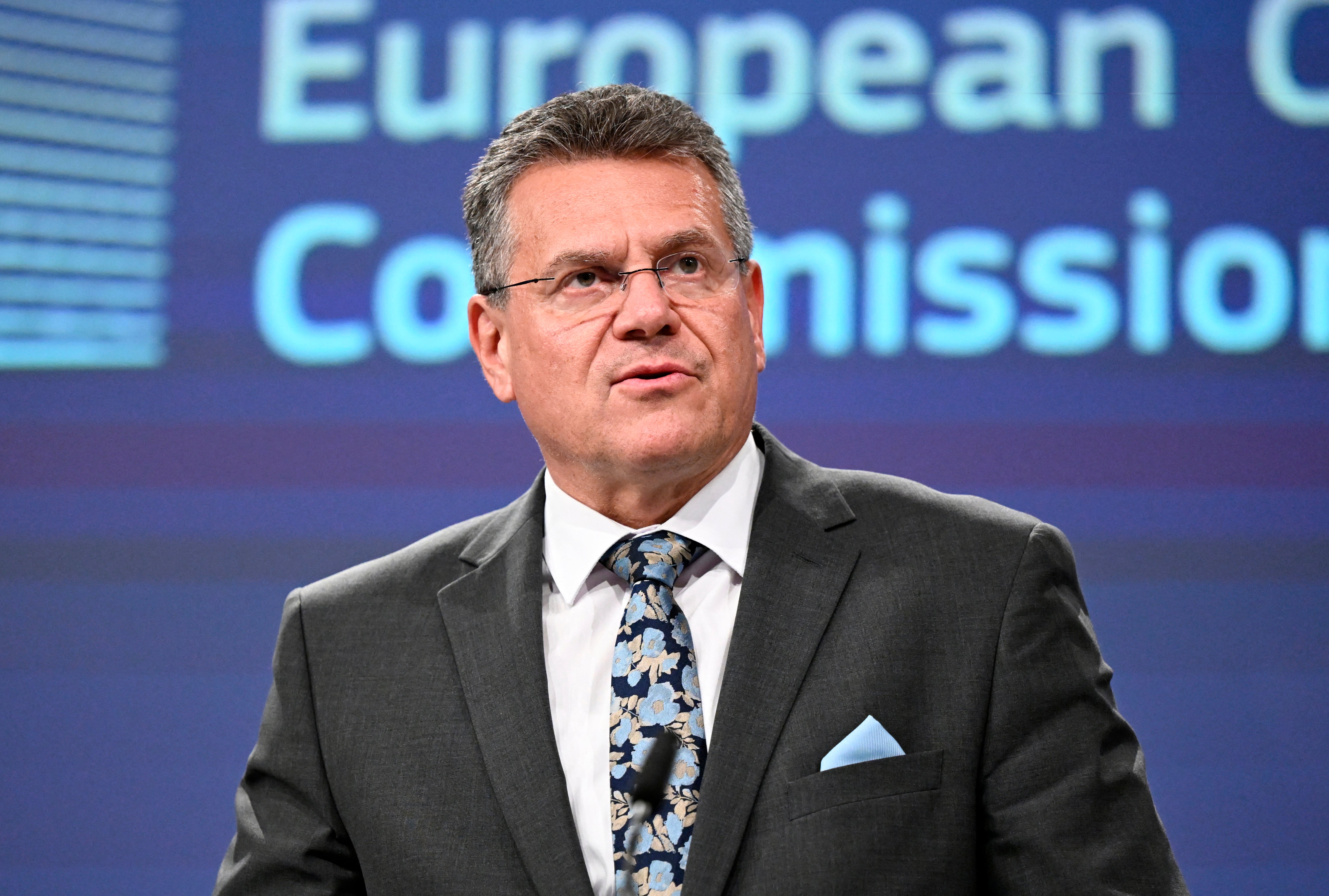Mea Culpa: when to resume the use of accents
John Rentoul on questions of style, spelling and grammar in last week’s Independent


One of The Independent’s more controversial style rules is that we use accents as sparingly as possible. Usually, the reader is familiar with the word and doesn’t need accents to make sense of it, such as cafe, which is going the way of role, which would nowadays look odd with a circumflex in the middle – it used to be written rôle.
Or, in the case of foreign names, such as Maros Sefcovic, the accents don’t help most British readers to pronounce them. In Slovak, the vice-president of the European Commission is Maroš Šefčovič, which means something to Slovakians but not to most of the rest of us.
So it was surprising to see two acute accents on one word on Monday, when we said that Sir Simon Russell Beale had been described as “the greatest actor of his generation”, and “has a résumé to match”. We needed the accents there to avoid confusion with “resume” meaning “restart an interrupted activity”.
But did we need “résumé” in the first place, Gavin Turner wrote to ask. It was a Question To Which The Answer Is No. It is an American word, for which the British equivalent is “CV”. We should have used that, even if it is short for a Latin phrase, curriculum vitae, the original meaning of which, “the course of a life”, is not well known. We could have saved ourselves from having to dip into our limited supply of accents.
Used and new: Last weekend, in an article prompted by the frustrations of buying Oasis tickets, we wrote that going to concerts, seeing films or making a trip “didn’t used to be such an ordeal”. Thanks to Martin Smith for suggesting that this should be changed to “didn’t use to be”. You have to think about it to realise that this makes sense, and that the “used” is a common mishearing, by which the “t” of “to be” has attached itself to the word before.
Only a few: In a report of the downing of a Ukrainian fighter, we said: “The loss of the jet and one of the air force’s only pilots trained to fly the F-16s is a major setback for Ukraine.” Roger Thetford got in touch to say that his mother would maintain that this should be “one of the few…”. I agree with her.
Them’s the breaks: The last item in “business news in brief” on Thursday had the heading: “Volvo puts breaks on electric cars plan.” Thanks to Philip Nalpanis for pointing out this departure from convention.
Surprising though it may seem, “brake” and “break” probably come from the same root. A brake was an “instrument for crushing or pounding” in the 15th century, which came from Middle Dutch breken, “break”. According to the Online Etymology Dictionary, “the word was applied to many crushing implements, especially the tool for breaking up the woody part of flax to loosen the fibres”. It was also applied to the ring through the nose of a draught ox, although it is not clear why. The dictionary says: “It was influenced in sense by Old French brac, a form of bras ‘an arm’, thus the sense ‘a lever or handle’, which was being used in English from the late 14th century, and ‘a bridle or curb’ in the early 15th century.”
Eventually, according to the dictionary: “One or the other sense or a convergence of all of them yielded the main modern meaning ‘mechanical device for arresting the motion of a wheel’, which is attested by 1772.”
Anyway, break and brake have had distinct meanings since then, and different spellings to separate them. We meant “Volvo puts the brakes on”.
Join our commenting forum
Join thought-provoking conversations, follow other Independent readers and see their replies
Comments
Bookmark popover
Removed from bookmarks